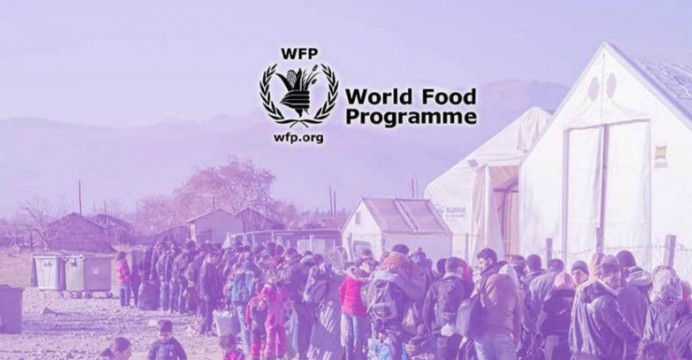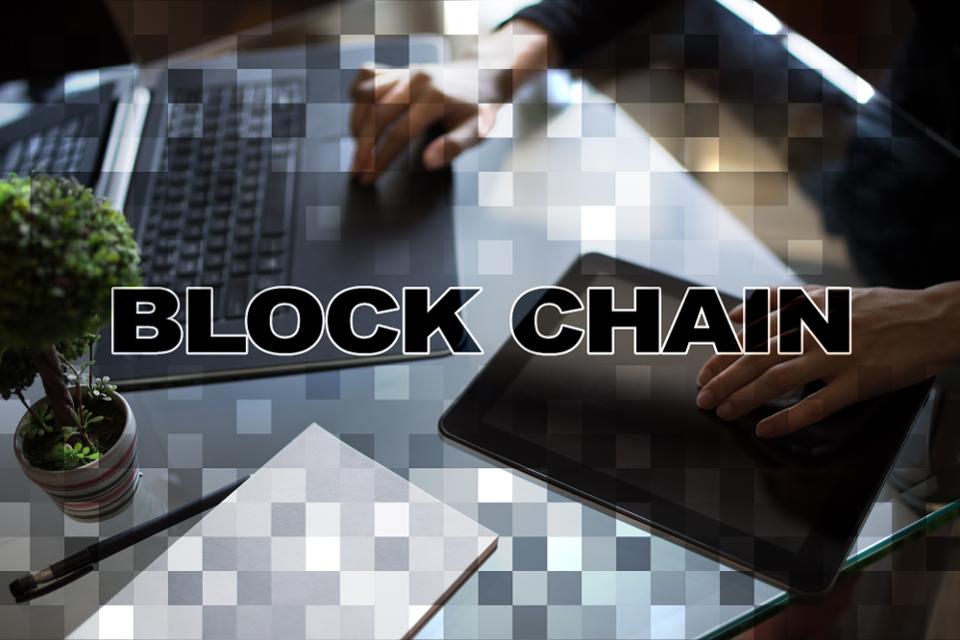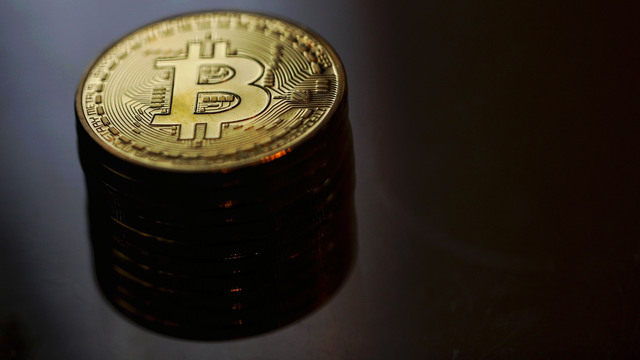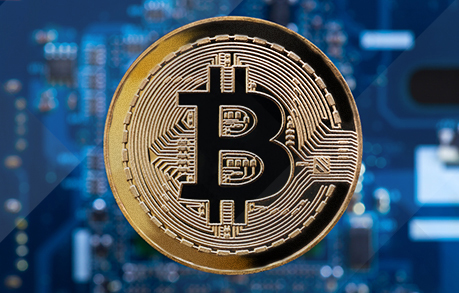Cryptocurrency is the topic of the day but what is really interesting is the technology behind the mania – blockchain. The decentralized and secure digital ledger of transactions is starting to be applied in a number of surprising ways, from allowing musicians to sell music directly to fans, or even addressing voter fraud.
Next on the blockchain hit list is world inequality. The World Food Programme (WFP) has been using an ethereum-based blockchain technology to help refugees of the Syrian civil war, millions of who have been forced abroad. In the Azraq refugee camp in Jordan, 10,000 people receive food from entitlements recorded on a blockchain-based computing platform.
The WFP pilot, known as Building Blocks, aims to reduce operational costs, protect data, control risk, and allow for rapid response in case of emergency. Using data from the United Nations High Commissioner for Refugees (UNHCR), the project employs biometric technology for authentication purposes, allowing refugees to purchase food at the camp’s supermarkets with a scan of their eye.
The major benefit of having blockchain behind the biometric process is a reduction in payments to financial services firms, while beneficiaries experience increased privacy and accounts can be reconciled in quicker time as the WFP has access to the payment network.
If blockchain is applied to several aid agencies at a time, a greater picture of refugees’ needs would be built up and they at the same time would have greater control over managing their information and understanding resources at their disposal.
It is a concept gaining traction in the world of financial aid. Fund management platform Disberse is using blockchain to trace funds through the whole chain from donor to beneficiary, cutting down on areas where delays, inefficiency and lack of transparency cause delivery bottlenecks.
Source/More: How blockchain is helping tackle global inequality















